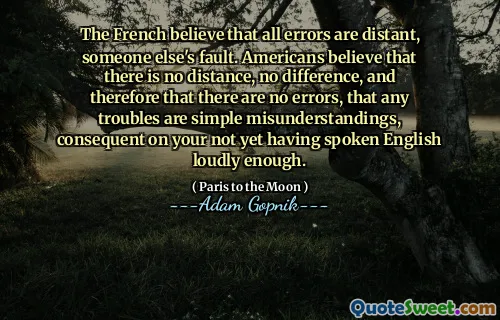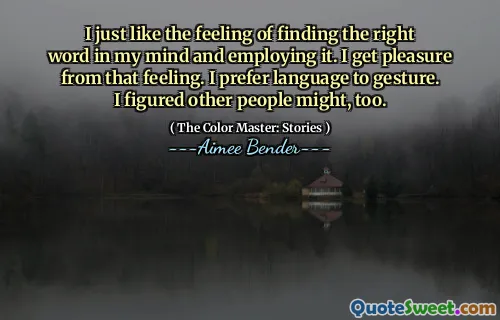We are absurdly accustomed to the miracle of a few written signs being able to contain immortal imagery, involutions of thought, new worlds with live people, speaking, weeping, laughing. We take it for granted so simply that in a sense, by the very act of brutish routine acceptance, we undo the work of the ages, the history of the gradual elaboration of poetical description and construction, from the treeman to Browning, from the caveman to Keats. What if we awake one day, all of us, and find ourselves utterly unable to read? I wish you to gasp not only at what you read but at the miracle of its being readable.
Nabokov highlights the extraordinary nature of written language, conveying how simple symbols can encapsulate complex thoughts and vivid realities filled with emotion. He emphasizes that we often overlook this miraculous connection achieved through centuries of literary development, from ancient storytellers to modern poets. This acceptance of writing as commonplace diminishes our appreciation for the craft's historical significance and the effort involved in its evolution.
He provokes thought by imagining a world where reading becomes impossible, challenging us to recognize the profound wonder of being able to decipher text. Nabokov urges us to understand that reading should not only invoke an emotional response but also awe at the simplicity and intricacy of communication itself. The miracle lies not just in the stories we read, but in the very ability to engage with the written word.




